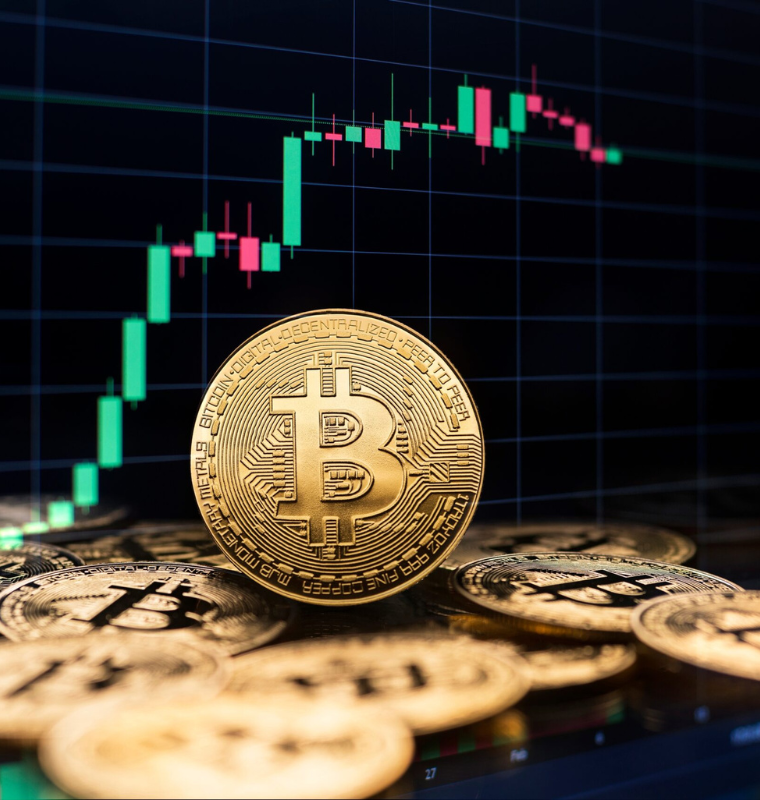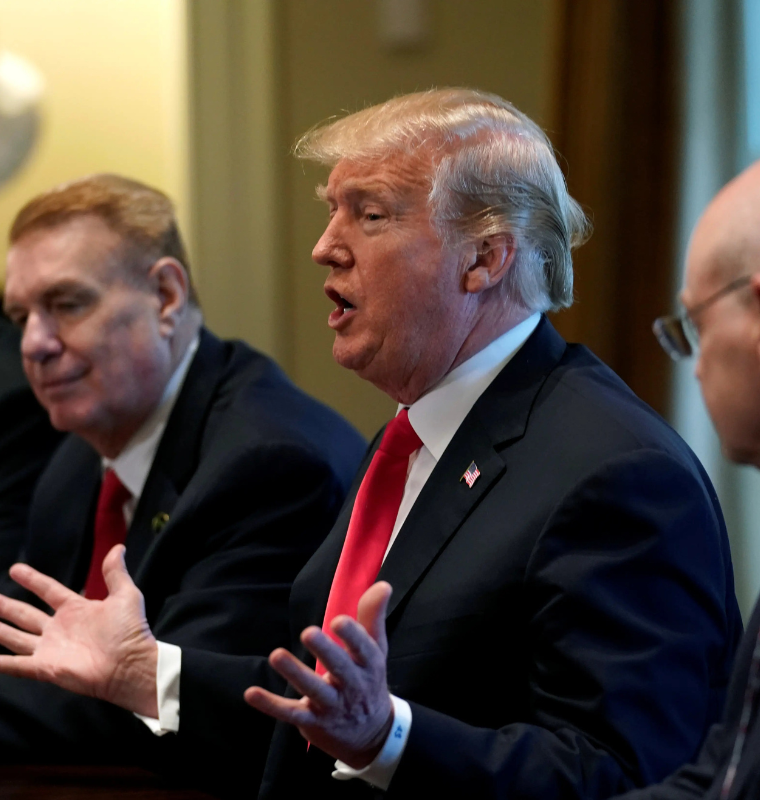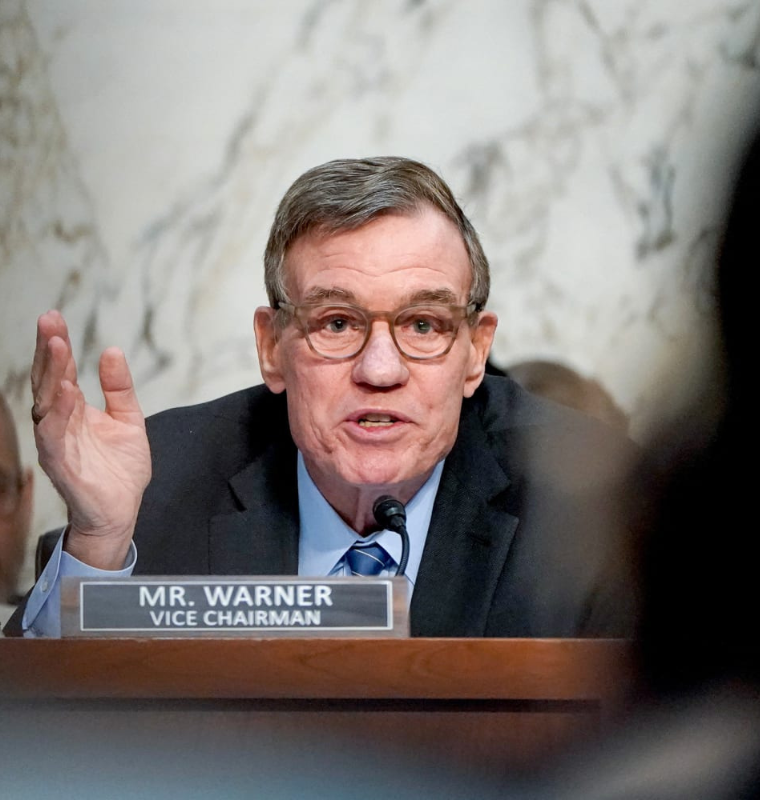Do Kwon Pleads Guilty in Terraform Labs Fraud Case
By
Junia Wells
Last updated:
August 14, 2025
First Published:
December 2, 2025
.webp)
Photo: Bloomberg.com
The cryptocurrency industry is once again under the spotlight following the guilty plea of Do Kwon, co founder of Terraform Labs. The founder, known for his ambitious vision behind the TerraUSD and Luna tokens, admitted to multiple counts of fraud related to the collapse of these digital assets, which together were valued at forty billion dollars at their peak. This development marks a significant moment in the ongoing efforts to hold key figures accountable for failures in the crypto space.
The rise and fall of TerraUSD and Luna
Terraform Labs rose quickly to prominence by introducing a stablecoin ecosystem with its TerraUSD token and the Luna cryptocurrency. Initially praised for its innovative algorithmic approach, the platform gained widespread adoption and investor trust. However, market instability combined with structural vulnerabilities led to a catastrophic failure, wiping out billions in investor funds. The collapse sent shockwaves through the cryptocurrency community and prompted regulatory scrutiny across multiple countries.
Legal consequences and penalties
Following his guilty plea, Do Kwon faces significant legal consequences, including potential prison time and financial penalties. As part of the agreement, he will forfeit nineteen million dollars in assets. Sentencing has been scheduled for December eleven, leaving the cryptocurrency world to anticipate the broader impact of the ruling. Legal experts suggest that this case could set a precedent for how authorities approach accountability and transparency within the digital asset sector.
Implications for investor confidence
The plea highlights the risks associated with investing in cryptocurrency projects, especially those promising rapid gains without transparent operational frameworks. While regulatory measures are evolving, cases like Terraform Labs underscore the need for investors to conduct thorough due diligence. For institutional investors, the case reinforces the importance of focusing on projects with strong governance, compliance, and long term sustainability.
The future of regulatory oversight
The Terraform Labs incident has accelerated conversations around crypto regulation. Governments and regulatory bodies are increasingly emphasizing the necessity of clear rules and oversight for algorithmic stablecoins and other digital assets. As legislation such as the GENIUS Act becomes more prominent, it is expected that similar incidents may be mitigated in the future, promoting safer investment environments.
A turning point for the cryptocurrency industry
Do Kwon’s guilty plea represents more than a personal downfall. It reflects the maturing of the cryptocurrency market, where accountability is becoming a cornerstone of sustainable growth. While the losses were significant, the case provides an opportunity for the industry to rebuild trust and establish more secure and transparent practices for investors and developers alike.
Popular articles
Subscribe to unlock premium content
Disney’s Timeless Magic and How the Entertainment Giant Continues to Shape Culture and Innovation

Imran Khan’s Economic Missteps Amid Political Chaos in Pakistan

The Philippines’ Digital Shift How Remittances and BPO Are Fueling Growth

Disney’s Timeless Magic and How the Entertainment Giant Continues to Shape Culture and Innovation

Imran Khan’s Economic Missteps Amid Political Chaos in Pakistan

Disney’s Timeless Magic and How the Entertainment Giant Continues to Shape Culture and Innovation









